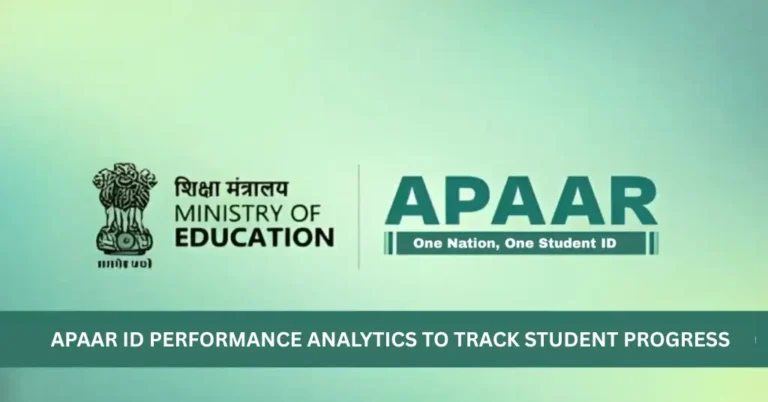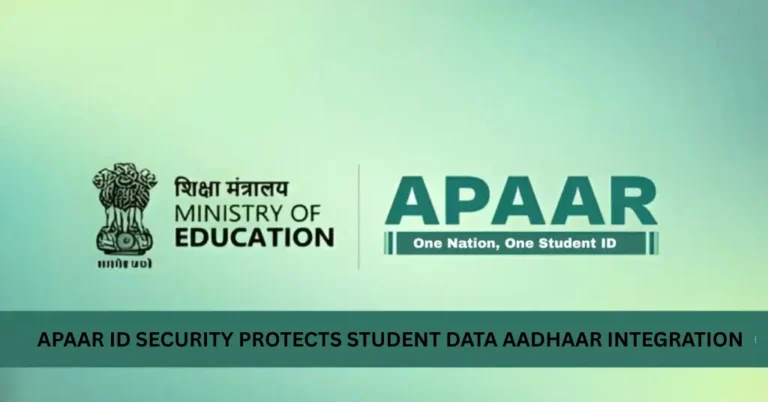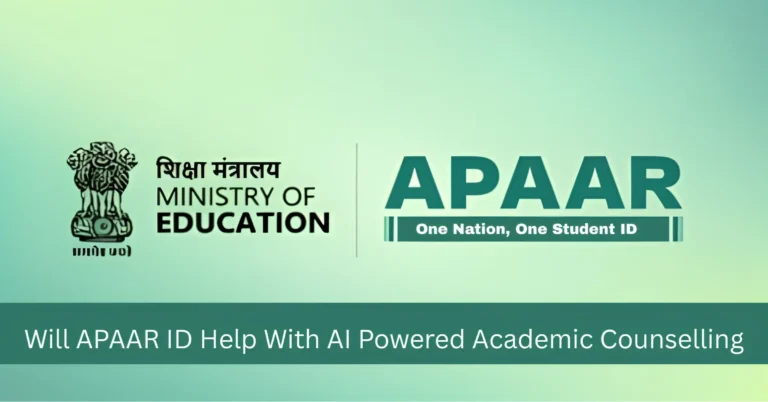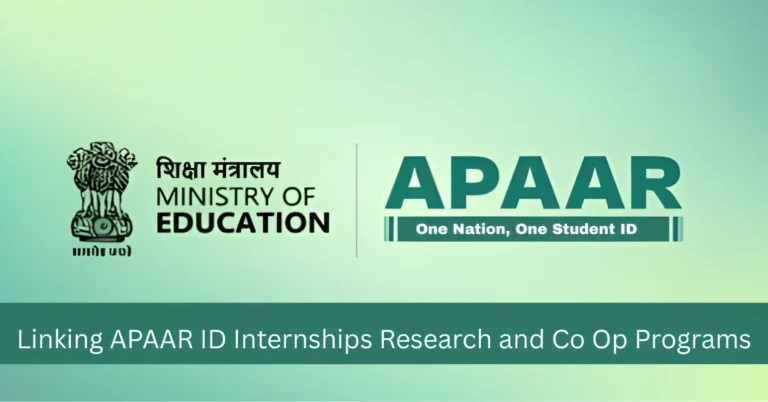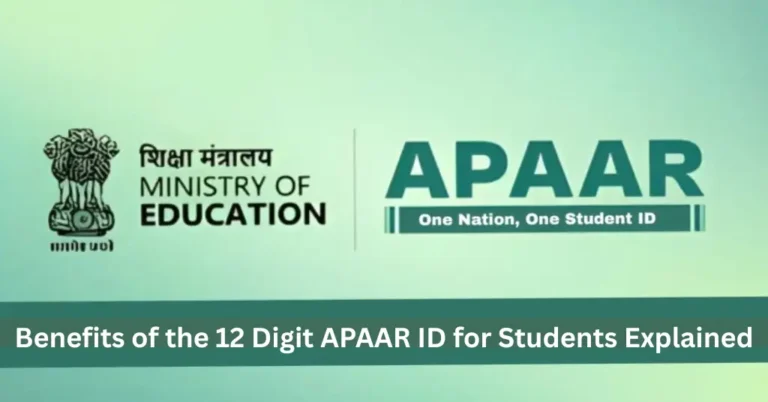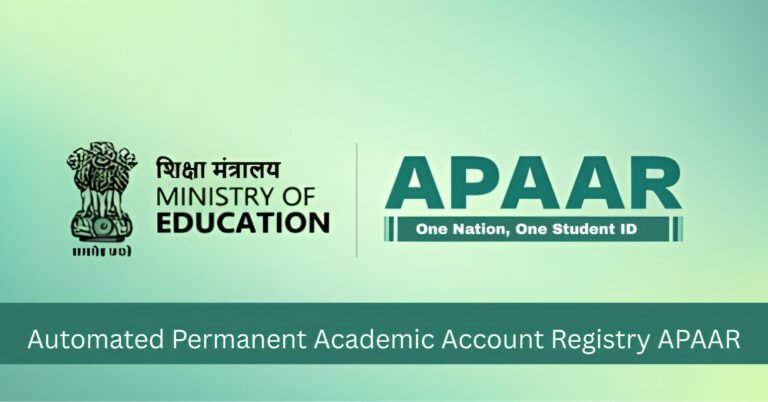The Pressure of High Expectations A Double Edged Sword teachers, and society to excel academically. While motivation can drive success, excessive pressure can lead to burnout, anxiety, and even a fear of failure. Balancing high expectations with mental well-being is essential for long-term success.
Focus on personal growth and learning, rather than just grades. Encouraging students to embrace failure as a learning opportunity can help reduce pressure.
The Growing Need for Emotional Intelligence in Education
As the world changes rapidly, emotional intelligence (EQ) is becoming more valuable than ever. Many students lack the necessary skills to manage emotions, form relationships, and navigate conflicts effectively, which can affect the APAAR ID in Digitalizing Education System.
Incorporating emotional intelligence training in the curriculum can help students build self-awareness, empathy, and problem-solving skills. Schools can offer workshops and activities that foster EQ alongside traditional academic subjects.
Bridging the Gap Inequality in Education
Educational inequality is one of the most pressing issues globally. Students from low-income backgrounds often face barriers like lack of access to resources, inadequate teaching, and limited support, leading to a wider achievement gap between them and their peers.
Advocating for equal access to resources, such as better learning materials, technology, and extracurricular activities, can help bridge the education gap
Advocating for equal access to resources, such as better learning materials, technology, and extracurricular activities, can help bridge the education gap

Student Centered Learning The Future of Education
Shifting from traditional, teacher-centered classrooms to student-centered learning is a game-changer. This approach allows students to take charge of their learning experience, catering to their interests, strengths, and unique learning styles.
Encourage more project-based learning and group discussions that allow students to explore subjects from different angles and develop critical thinking skills. It can lead to deeper engagement and understanding
The Importance of Global Perspectives in Education
With the world becoming increasingly interconnected, it’s essential for students to develop a global mindset. Exposure to diverse cultures, ideas, and global issues enriches their education and prepares them for the challenges of the future.
Introduce global topics, cultural exchange programs, and international collaboration projects into the curriculum to broaden students’ perspectives. In the digital age, online learning platforms can also bring global viewpoints into the classroom.
How can students balance academic and personal life?
Prioritize time management by setting realistic goals. It’s important to take regular breaks, engage in hobbies, and seek social support to maintain a healthy balance between studies and personal life
What can schools do to address mental health issues among students?
Schools can offer counseling services, create awareness programs about mental health, and encourage students to seek help when needed. Building a stigma-free environment where students feel supported is key.
Why is emotional intelligence important in education?
Emotional intelligence helps students manage stress, collaborate with others, and develop empathy. It fosters better communication, conflict resolution, and self-regulation skills, contributing to their overall success.
How can parents support their children in navigating academic pressure?
Parents should emphasize effort over outcome, celebrate small successes, and encourage their children to pursue passions outside of academics. Promoting mental well-being and reducing excessive pressure is essential.
What are some strategies to reduce bullying in schools?
Schools should implement anti-bullying policies, provide peer mentorship programs, and create a supportive and inclusive school culture. Education about empathy and respect is key in reducing bullying.
Final Words
Addressing student-centric problems is essential for creating an educational environment where every student can thrive. From reducing the pressures of academic expectations to promoting mental health awareness, we have the power to transform the educational experience for future generations.
By focusing on student-centered learning, fostering emotional intelligence, ensuring equitable access to resources, and providing support systems for mental health, we can work towards a more inclusive and empowering education system.
